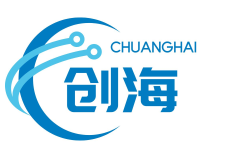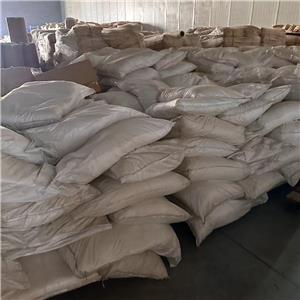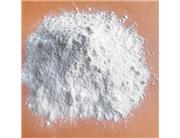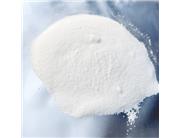Tacrolimus Powder CAS 104987-11-3 supplier manufacturer in China
Details
Product Name:Tacrolimus
CAS: 104987-11-3
MF: C44H69NO12
MW: 804.02
Melting point: 113-115°C
Fp: 2ºC
Storage temp.: −20°C
Chemical Properties: White Crystalline Solid
What is Tacrolimus?
Tacrolimus (trade names Prograf, Advagraf, Protopic) is animmunosuppressive drug used mainly after allogeneic organ transplant to lower the risk of organ rejection. It achieves this by inhibiting the production of interleukin-2, a molecule that promotes the development andproliferation of T cells, which are vital to the body's learned (or adaptive) immune response. Tacrolimus is also used in the treatment of other T cell-mediated diseases such as eczema (for which it is applied to the skin in a medicated ointment), severe refractory uveitis after bone marrow transplants, exacerbations ofminimal change disease, Kimura's disease, and the skin condition vitiligo.
Tacrolimus is an immunosuppressive drug whose main use is after organ transplant to reduce the activity of the patient's immune system and so the risk of organ rejection. It is also used in a topical preparation in the treatment of severe atopic dermatitis, severe refractory uveitis after bone marrow transplants, and the skin condition vitiligo. It was discovered in 1984 from the fermentation broth of a Japanese soil sample that contained the bacteria Streptomyces tsukubaensis. Tacrolimus is chemically known as a macrolide. It reduces peptidyl-prolyl isomerase activity by binding to the immunophilin FKBP-12 (FK506 binding protein) creating a new complex. This FKBP12-FK506 complex interacts with and inhibits calcineurin thus inhibiting both T-lymphocyte signal transduction and IL-2 transcription.
Uses:
For use after allogenic organ transplant to reduce the activity of the patient's immune system and so the risk of organ rejection. It was first approved by the FDA in 1994 for use in liver transplantation, this has been extended to include kidney, heart.

 China
China



